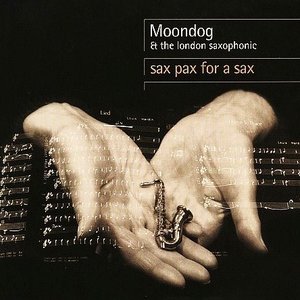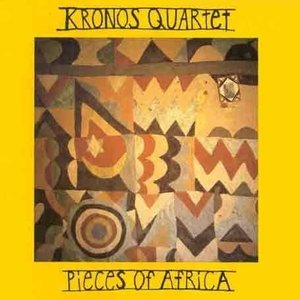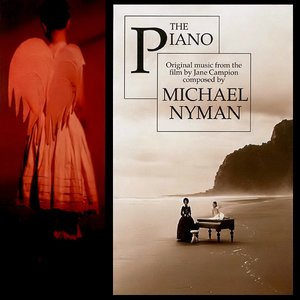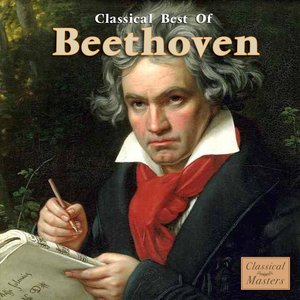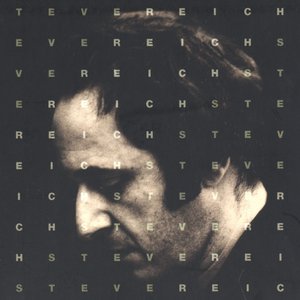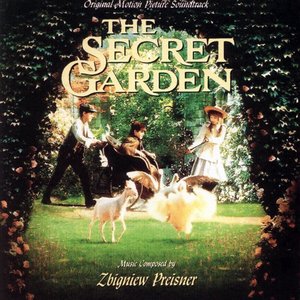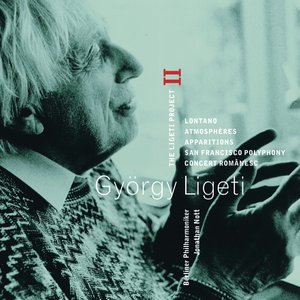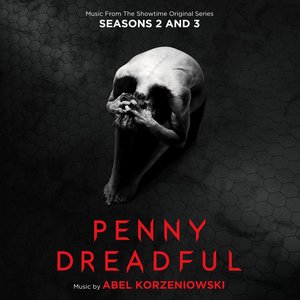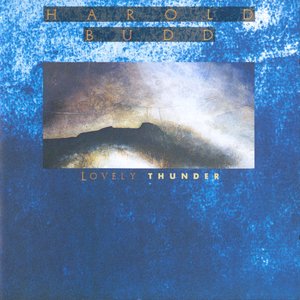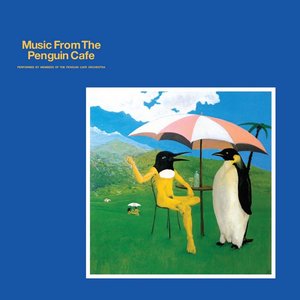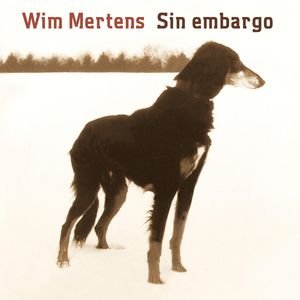Wiki
-
Release Date
7 August 1989
-
Length
7 tracks
"Metamorphosis" was written in 1988 and takes its name from a play based on Kafka's short story. Numbers three and four are from Glass's incidental music to the play, which he wrote to fulfill separate but nearly simultaneous requests from two different theater companies. Numbers one and two use themes from Glass's soundtrack to the acclaimed Errol Morris film "The Thin Blue Line", which depicts the true story of a man's wrongful conviction for the murder of a Dallas police officer. The touching melody of number two and the diatonic harmonies throughout provide an ironic counterpoint to the film's numerous reenactments of the shooting. The thrice repeated two-note theme (a descending minor third) in numbers one and five recalls the movie's pathetic litany of interviews and testimonies. Number five, which also draws on themes from "The Thin Blue Line", was composed as a finale to the set.
"Mad Rush" was written for the occasion of the Dalai Lama's first public address in New York City, in the fall of 1981. Originally an open-structured or open-ended piece, it was first performed by Glass on organ during the Dalai Lama's entrance into the Cathedral of St. John the Divine. It was later performed on Radio Bremen and finally used by choreographer Lucinda Childs as accompaniment to a dance Mad Rush. It is cast in seven similar sections that create an extended ternary form.
"Wichita Vortex Sutra" is the result of a chance meeting between two long-time friends, Glass and poet Allen Ginsberg.. "We decided on the spot to do something together, reached for one of Allen's books, and chose the poem 'Wichita Vortex Sutra,'" Glass recalls. "I composed the music to match the rhythm of Allen's reading." The piece was first performed in 1988 at a benefit for a theater group of Vietnam veterans, with Ginsberg reading excerpts from his poem and Glass playing piano.
In contrast to the amplified, electronic nature of his ensemble music and the mammoth proportions of his operas, the music on this album displays Glass in a more refined musical arena, still exploring his own distinctive style.
(Jody Dalton)
Album descriptions on Last.fm are editable by everyone. Feel free to contribute!
All user-contributed text on this page is available under the Creative Commons Attribution-ShareAlike License; additional terms may apply.
